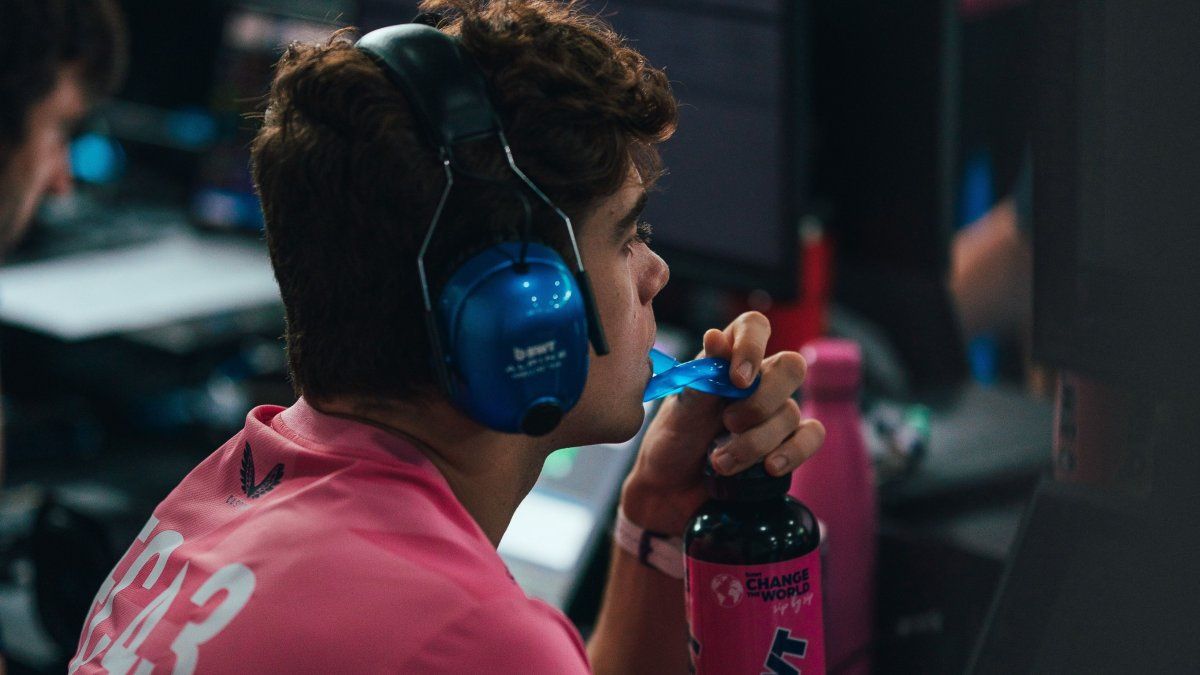Its creator is joshua browder CEO of DoNotPay, a company that has already saved 375,000 people from fines worth 8.2 million euros, according to MIT Technology Review.
This entrepreneur started in 2015 helping people claim parking tickets and has a mission: democratize the law and automate many of the tasks that lawyers perform.
According to Browder, “getting into a legal process should never be a hassle or a matter of money. It should be a question of what is the right outcome, of getting justice” (MIT Technology Review).
The end of lawyers?
In the legal field, for a few years there has been speculation about the possibility that an AI could replace lawyers. The DoNotPay robot added to the ChatGPT boom that was launched in December 2022, put this issue back in the debate. Will the new advances in artificial intelligence mark a before and after in the history of humanity? Will machines replace lawyers?
Given these questions, some clarifications must be made.
The legal profession is a profession that is regulated. Lawyers need a license or registration to be able to practice their profession, which the robot would not have.
Robot Lawyer.jpg
Of course, one could speculate that tomorrow, an artificial intelligence will take and pass the exam to get that enrollment. In fact, several users have reported that they used GPT-chat to pass the (probationary) exams that enable them to practice law. We will have to wait and see if the Bar Associations allow such a situation. For now, DoNotPay’s “robot lawyer” will participate in a process to appeal a traffic ticket, which does not require a licensed lawyer.
Another point to take into account is that in some countries, such as the United States, the trials are oral, but in other countries, such as Argentina, the trials are mostly written. This makes it difficult for “robot lawyers” to act. To this we must add that not in all oral trials the parties are allowed to have headphones to receive legal advice.
Having made these clarifications, now yes, you have to ask yourself:
Is the end of lawyers near?
The most honest answer one can offer is that we don’t know. In five years there will be lawyers? Yes, sure. In fifty years? That is already more difficult to answer. I always repeat the phrase of Bill Gates: we tend to overestimate the impact of technology in the short term and underestimate it in the long term.
While no one knows for sure if lawyers will disappear or not, we can speculate on some possible scenarios. Let’s think for a moment what lawyers do, in broad strokes:
-
They represent or sponsor their clients in court. That is, they argue.
-
They review and prepare contracts, documents and legal writings.
-
They advise their clients.
-
They design, implement and supervise legal projects, such as M&A (mergers and acquisitions), public tenders, complex contracts, etc.
-
They manage risks and advise on them.
Now, let’s try an exercise in futurology –with all possible limitations and caveats– and analyze which of the tasks performed by a lawyer could be replaced by artificial intelligence.
Can artificial intelligence replace humans in the review and preparation of documents, writings and contracts? Yeah. In fact, there are already artificial intelligence systems that are used for these tasks. For example, in 2017 JP Morgan announced that it had developed the COIN (acronym for Contract Intelligence) that automated document review for certain types of contracts. In a test, this software reviewed in seconds a number of contracts that required lawyers more than 360,000 hours of review work. In addition to exponentially reducing the review time for these contracts, the algorithm was more accurate than human lawyers.
Of course, AI is not yet used to review and prepare complex legal documents, but what will happen when version 20 of GPT-chat or some such advanced artificial intelligence? No one knows yet, but probably in 20 or 40 years an AI will draft all legal documents and a lawyer will just review them.
Can artificial intelligence represent or sponsor your clients in court?
This answer is a bit more complex. Of course, in a few years, a generative artificial intelligence will be able to provide arguments to be used in court, but how and when to use them is still something in which AI has not been seriously tested. Again, maybe version 20 of a GPT-chat I did, but we don’t know yet. Here the experience of the lawyer or lawyer plays a key role.
However, although an artificial intelligence could not yet replace a lawyer or a judge in all their work, it is important to note that in a trial an AI could automate many of the legal and judicial procedures and tasks in order to to considerably accelerate the times of Justice. This should not generate a rejection, on the contrary.
Artificial intelligence, can it advise clients?
Here again, if we are guided by the current state of the art, we would have to say no. Still GPT-chat – the most advanced conversational AI in the world – can be used as a guide, but not as a final opinion. If one considers the advances in Generative AI, we could speculate that AI will at some point replace the tasks of so-called paralegals and perhaps even junior lawyers. In fact, there is already AI software that is used to review documents in an M&A or to draft legal documents. A Generative AI in ten or twenty years, will probably be an essential reference source for both the practicing lawyer and clients who need initial guidance.
Thus we come to the last two questions, which are the most interesting. artificial intelligence, Can it replace lawyers in the design, structuring, implementation and supervision of complex legal projects or in risk management?
Here we come to the heart of the matter and what I consider to be the future of the legal profession. Although AI is currently not yet ready to replace lawyers in these more complex tasks, the paradox is that, at the same time, lawyers do not usually engage in this type of consulting, which involves different skills than the typical lawyer. litigant. Parallel to this situation, clients are also not used to preventive and project law, that is, to call their lawyer before signing a contract, before starting a business, etc. and involve them from the beginning to structure the project, identify and minimize risks.
In short, the niche that is most difficult to replace by an AI is the one that is still not fully exploited and in which lawyers can provide greater added value to their clients. In this sense, figures such as the Legal Project Manager or Legal Operation Manager are becoming increasingly relevant within organizations precisely because of the positive impact they generate.
In this way, perhaps, the evolution of artificial intelligence is the cause of the evolution of lawyers towards a more creative, decisive legal profession, with greater added value, and of clients towards the importance of preventive legal management of risks and projects. .
After all, as the Chinese say, every crisis is an opportunity.
CEO of LexRock, entrepreneur, lawyer and disseminator.
Source: Ambito
David William is a talented author who has made a name for himself in the world of writing. He is a professional author who writes on a wide range of topics, from general interest to opinion news. David is currently working as a writer at 24 hours worlds where he brings his unique perspective and in-depth research to his articles, making them both informative and engaging.




